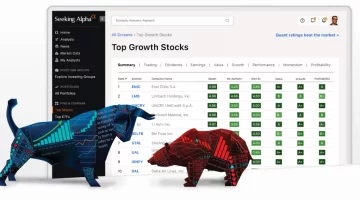How to correctly value your business for sale
You're prepared to sell your company or you want to start a business after you've sold your previous company and utilize the earnings to fund your retirement or future endeavors. There are several methods for determining the market worth of your company. You may wish to know the worth of your company for a variety of reasons. . A valuation is a representation of your company's entire worth. You'll use a method to determine the worth of your company, taking into consideration its assets, profits, industry, and any debts or losses. As an entrepreneur, you've most likely invested a substantial amount of time, money, and sweat equity into starting and expanding your company. ROI is a proportion of your initial investment that measures how much value or additional money you have made – your return or net profit after paying all of your company expenditures (taxes, rent, wages, etc.). The fundamental ROI formula is as follows:
ROI (%) = (Return/Original Investment) x 100%
- Add up the worth of your assets. Add up the worth of all the company's assets, including all equipment and inventory. Eliminate any obligations or debts. The value of a company's financial sheet is at least a beginning point for estimating its worth. Nonetheless, the company is likely to be valued far more than its net assets. How many sales and profits can you anticipate?
- It should be based on revenue. How much money does the company make each year? Calculate this and, using a stockbroker or a business broker, establish how much a typical firm in your sector may be valued for a specific amount of sales. For instance, it may be around two times sales.
- Make use of earnings multiples. A more meaningful metric is most likely a multiple of the company's earnings, sometimes known as the price-to-earnings (P/E) ratio. Estimate the company's earnings for the following several years.
- Perform a discounted cash flow analysis. The discounted cash-flow analysis is a sophisticated method that takes the current year's cash flow and projects it into the future, then discounts the value of the future cash flow to today using a "net present value" computation. An online NPV calculator is simple to discover and use.
- Extend your search beyond financial formulas. Don't only rely on numbers to determine the worth of a company. Consider the worth of your company depending on its location. In addition, if there are business synergies, examine its potential strategic worth to a potential buyer.
Conclusion
Consequently, what may be termed a positive ROI must be evaluated against risk. In general, when an individual takes on significant risk by purchasing a firm, the prospective ROI should be larger to compensate for the comparatively high amount of risk assumed by the new owner. Purchasing higher-risk assets that might yield you more money may also lose value over time due to volatility. A new buyer of your company must be OK with the trade-off between your existing ROI and the threat of ownership. So next time before measuring the correct value of the business for sale, make sure you've read the aforesaid points.
More to Read:
Previous Posts:








